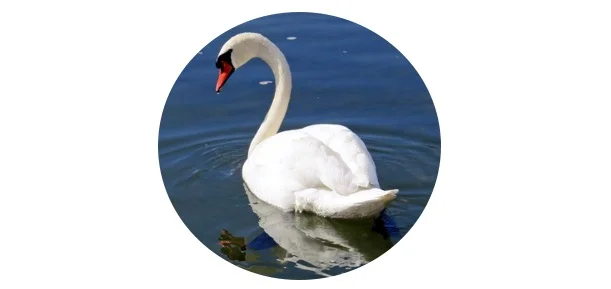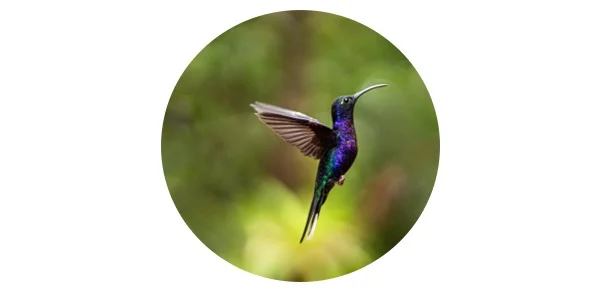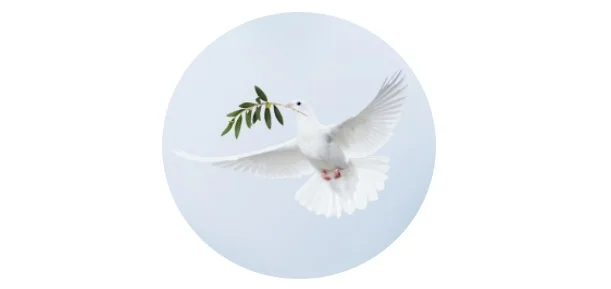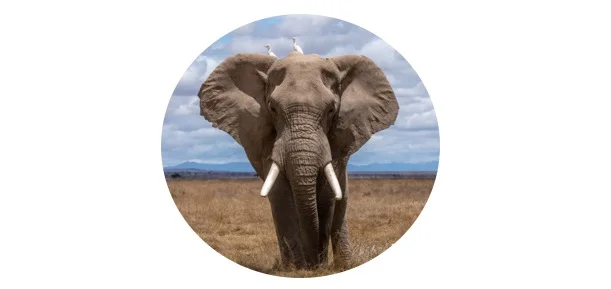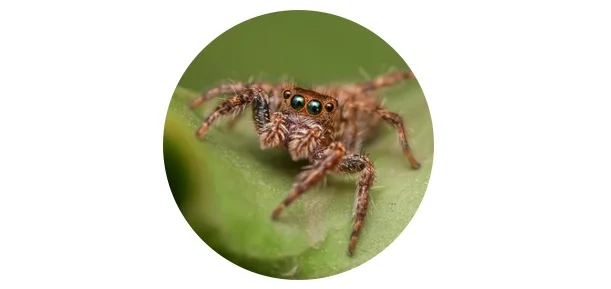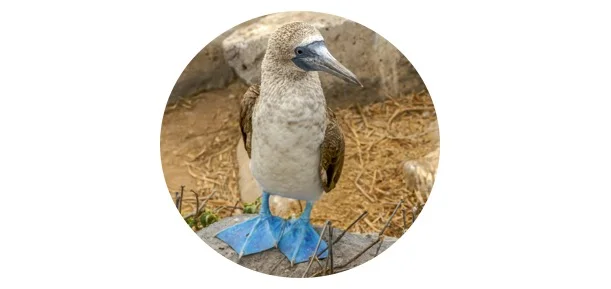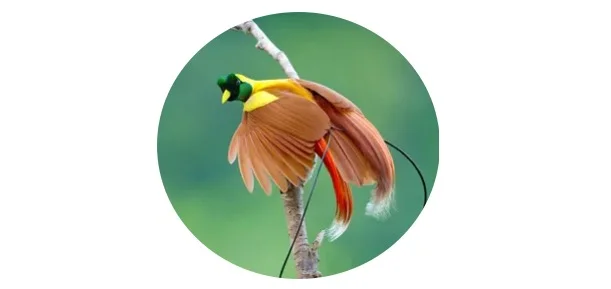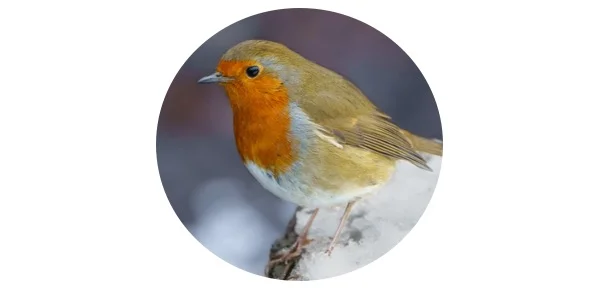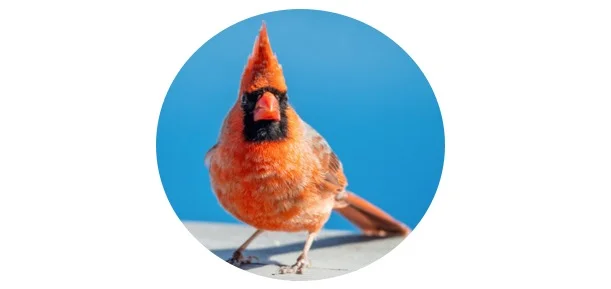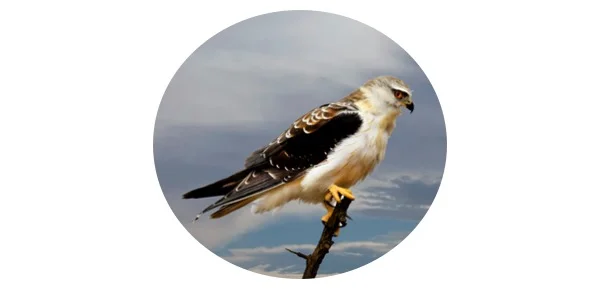Bird of Paradise Symbolism: Spiritual Meaning, Totem, Spirit, & Omens
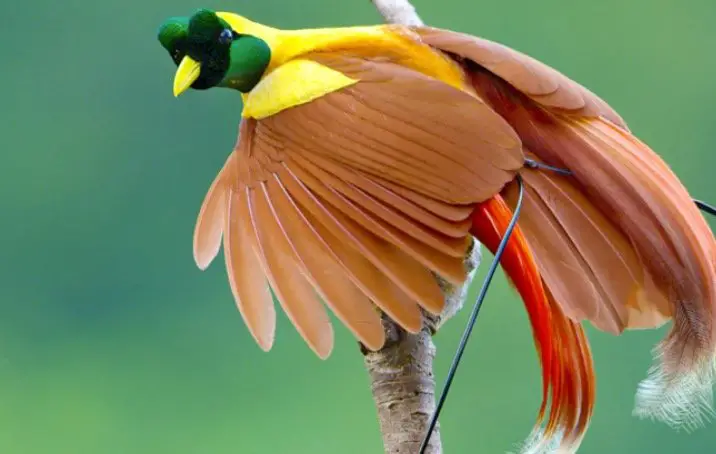
Table of Contents
Bird of Paradise Symbolism: All You Need To Know
Birds of Paradise are colourful, exotic species that have been seen as a direct gift from God and the skies. They have long been sought after due to their iridescent colour schemes and extravagantly long feathers, which have been used decoratively and ceremonially by various cultures.
These birds have long been associated with power, particularly in rivalry, courage and invulnerability, prosperity, and even sexuality and fertility. People that have a connection with the Birds-of-Paradise are comfortable in the limelight and naturally draw attention to themselves with their beauty and outspoken personality – much like the birds do with their captivating dance routines.
A Bird of Paradise is any of the 45 species in the Family Paradisaeidae of the Order Passeriformes — the perching birds or songbirds. They are small to medium-sized birds found only in the dense tropical forests of Eastern Indonesia, Papua New Guinea and surrounding islands, and far northeastern Australia. The undisputed homeland of the Birds of Paradise, with 38 of these species located on the island of New Guinea, several exclusively.
These Paradise Birds are recognized for their colourful, lengthy, and ornate plumage, as well as their intriguing courting dance displays. Males will continuously leap from one branch to another or hang upside down to show off their magnificent tail plumes during these mating rituals, which take place in the same location known as a lek.
However, there is tremendous variability within the Paradisaeidae family, with not all species showing these features and behaviours. 35 species are polygamous, with elaborate feathers and dance rituals, while the remaining few are monogamous and less colourful.
The plume birds – the seven species of Paradisaea sp. – are among the most notable of the Birds-of-Paradise. This group contains the well-known Greater Bird-of-Paradise (Paradisaea apoda), the biggest bird in the group with the distinctive white and yellow tail feathers.
Another notable species is the Superb Bird of Paradise (Lophorina superba), which has a fantastic spreading breast shield and a cap that transforms into a head-fan. The five species of long-tailed Birds of Paradise, genus Astrapia, are also incredible to see – the males have shining black, iridescent feathers and long graduated tails of black and white feathers that can measure 31 to 45 inches in length (80-115 cm).
The riflebirds, with their shimmering metallic turquoise neck feathers, are another stunning group. They were given this name because they resembled an early-day British rifleman’s uniform, and some species’ calls sound like a bullet soaring through the air.
The first Bird-of-Paradise skin is thought to have arrived in Europe in 1522, and it wasn’t long before the demand for more of these illustrious birds took hold. Despite the fact that many Birds of Paradise were on their way to extinction by the late nineteenth century, the feather trade for Europe’s elite continued until the early twentieth century, when approximately 50,000 birds were hunted each year. Many are still threatened today as a result of hunting and habitat loss.
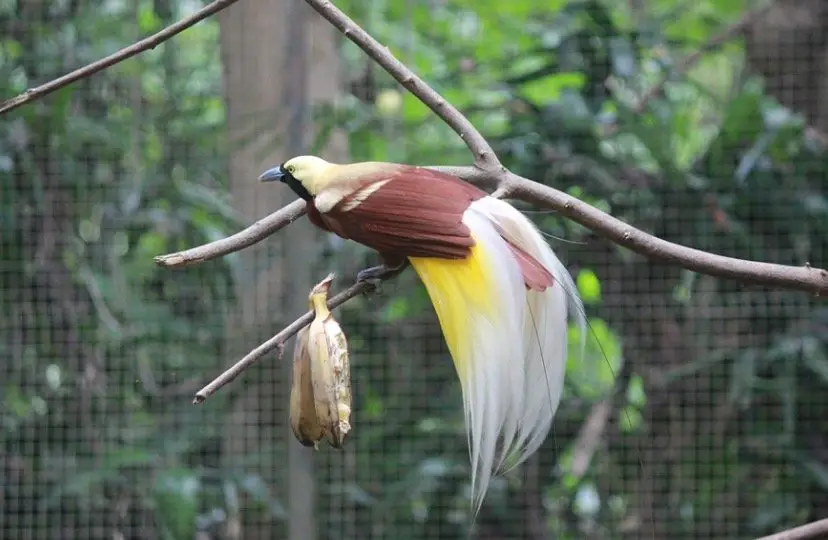
Bird of Paradise Symbolism and Meaning
With all but a few of the Bird-of-Paradise species found in Papua New Guinea, the creation of symbolic significance originates there and has spread around the globe ever since Europeans discovered their beauty in the highland jungles.
Many of these species have evolved a devotion to beauty and extravagance in their courtship dance rituals. Giving the Birds of Paradise a symbolic link to an ornate and, at times, arrogant performance. Some dance in trees, while others build a stage on the forest floor by removing any overhead vegetation, allowing the sun to beam down on them like a spotlight.
Males are not afraid to compete with one another, and some even dance on logs together. They stage a group show to assist girls in comparing and selecting their most gorgeous bachelor!
For others, the gleaming, exotic feathers conjure up images of life’s riches: “Birds of paradise gleam like seldom seen residents of an Asian harem, dressed in gold of various colours and bathed in morning purple.” ––Thomas Forrest, 1784, The Bread tree Fruit The male Raggiana Bird of Paradise is very valuable to Papua New Guineans since it is used in a variety of traditional events.
Its feathers are employed for ceremonial purposes, and it is even portrayed on their current banknotes. As a result, people from many cultures have seen the plumes of the Birds-of-Paradise to be symbolic representations of a range of themes such as power, riches, and sexuality.
Bird of Paradise Native New Guinea Symbolism
The symbolic significance of the Bird of Paradise plumes in their indigenous setting has continuously shown that they have been a measure of high status as well as fecundity across New Guinea. Men from Papua New Guinea’s Yonggom tribe hunted the Greater Bird of Paradise for its feathers, which they used to create ceremonial headdresses worn during ritual dances.
Accounts from very early European explorers show that people used Bird of Paradise feathers on helmets or headdresses while going into war in the Papuan regions of Western New Guinea (Indonesia), notably among the peoples of the Maluku Islands — off the coast of West Papua.
They thought that wearing these plumes granted soldiers invulnerability and invincibility. Even the Greater Bird-of-courting Paradise’s dance was referred to as ‘cakalele,’ which translates to ‘war dance’ by these indigenous peoples.
Other explorers have later reported Malukan and Papuan festivities in which warriors wore intricately feathered headdresses and sprang about rhythmically to replicate a cakalele with a spear or sword. Thus, the cultural symbolism of the Bird of Paradise mating dances and the local people’s war dances are merged in both traditional behaviours and lexicon.
Bird of Paradise European Symbolism
The Birds of Paradise from the colonial governments were a symbol of beauty, exoticism, rank, and prosperity for Europeans. Their skins and feathers were cherished items, particularly utilized in women’s attire. They were used to embellishing lady’s hats, particularly the longest and most intricate tail feathers, which would have inspired awe and jealousy among the other affluent ladies of the period.
Bird of Paradise Symbolism in Christianity
A Catholic Bishop in the late 16th century, when rumours of these Birds of Paradise were spreading like wildfire over Europe, recognized the metaphor of how these birds were claimed to exist and die. He said that these birds represented the destiny of sinners who, after falling from God’s mercy, plunged to their deaths from the heavens. People accepted these legends, and the birds were dubbed “Birds of God,” and they lived in a Heavenly Paradise until death.
Bird of Paradise in Dreams
A dream about a Bird-of-Paradise might indicate that there is a rising energy of enthusiasm and even quirky inside your inner self. This euphoria may be the result of just getting positive energy from an admirer, or it may be the result of an impending social occasion that has you ruffling your feathers – in a good manner!
You’re feeling a little erratic and whimsical, and you’re eager to put yourself out there for people to see. You may have been putting a lot of effort into your physical appearance recently, which has made you feel rather flashy.
This may seem out of character for you, but it might indicate that you’re evolving in an unexpected way, testing your own waters and seeing where new partnerships will lead you. This Bird-of-Paradise in your dreams might be a message asking you to consider what traditional traditions are essential to you and reminding you of your cultural base – particularly in the domain of creating meaningful relationships – whether one or many!
Bird of Paradise in Mythology & Folklore
Tales about the Birds of Paradise have spread around the globe, from their home territories in New Guinea and its environs to other areas of Asia, Europe, and beyond!
The connection that these birds have to the world of Gods in the skies is a significant link between these folkloric and legendary tales. They were supposed to have the ability to bring good luck and were used to explain and enhance current religious beliefs.
Native New Guinea Mythology
The various Birds of Paradise found in these areas have played major roles in local peoples’ legends and rituals for millennia. They play important roles in local mythology as ancestors and clan totems.
People are said to see their family members as birds of paradise, with a powerful life force energy. An anthropologist who spent more than a decade living with indigenous people in New Guinea tells one tale. A local legend tells about a girl who buries her brother’s corpse in the hollow of a tree.
Birds of Paradise explore upward like smoke and downward like fire when she hits the tree, indicating both the blackness of highland birds and the vividness of lowland species. The importance of these tribal New Guinean birds is that they represent the flight of the soul as well as the birth of a child.
These birds were likewise considered to be creatures of the sky by the Papuans. When a bird was ready to depart this world, it was stated that it soared straight towards the sun until it grew tired and simply dropped to the ground and perished.
Their flamboyant plumage and exotic origins sparked amazing myths throughout Europe about the environments from which these birds came and the people who lived there. It was often assumed that feathers of such enthralling colours and forms could only be found on birds from a fictitious place.
When the Birds of Paradise arrived in Christian European lands, legends about their heavenly origins abounded. They captivated people’s imaginations since they were delivered from New Guinea without their feet and, in some cases, without their wings — the natives’ technique of preserving the corpse.
This strange physicality gave birth to the legend that these birds were from Paradise and soared through the skies without stopping, subsisting on dew and nectar and never returning to land until they perished.
The belief that these birds had dropped from the heavens or from an earthly paradise was spreading across Europe, and was bolstered by the translation of the Malay term used in some of these locales – Manuqdewata – which means ‘Birds of the Gods.’
Christian Mythology
When a 16th-century medical authority said that these birds soared easily in the clouds and absorbed only heavenly dew, the stories took on a religious significance. In the latter part of the same century, a Catholic Bishop said that these birds were unmistakable symbols of the destiny of sinners who, when they fall from God’s favour, drop from the heavens to their death.
People believed these legends so much that the birds were dubbed “Birds of God” or “Divine Birds”. A picture of Adam and Eve represented in Paradise by Bruegel the Elder and Rubens from 1617 lends confirmation to this ancient account. The birds do have feet here, indicating that they are otherworldly beings that do not need feet to move on our planet.
Middle East and Far East Mythologies
For possibly thousands of years, exposure to Birds of Paradise has occurred via trade routes across Asia. As a result, several civilizations around the area have devised their own stories and symbolisms for these spectacular birds.
These rainbow-coloured animals inspired the tale of the Birds of Paradise sitting on the Tree of Life — a symbol that transcends cultures and countries. This bird of god was reported to have neither feet nor wings and hung from trees using its exquisite tail feathers.
These birds threw their eggs from the tree onto the ground in the Far East, from which a full-grown bird emerged. The Bird-of-Paradise was known as the Huma in ancient Persia and bestowed good fortune on anyone who touched it.
If you were fortunate enough to have one perch on your head, you were destined to be a king or great leader. Huma signified the harmonious union of the masculine and female, depicted by a wing and a leg, respectively.
Bird of Paradise Spirit Animal
A Bird of Paradise may enter your life and range of consciousness in a variety of ways. If they’ve discovered you, it’s safe to say you’re ready for some colour, vitality, and excitement in your life. You may have been feeling drained of energy, uninspired, and in need of a little zing.
If you wish to attract the attention of someone special, the new Bird of Paradise in your planet will provide you with this rainbow boost!
However, keep in mind that these adjustments might take time, and you may not be able to grab the attention of someone on the first attempt. The traits of the Bird of Paradise spirit animal that will grow your brilliant brilliance are perseverance, honesty, and confidence in tradition.
This bird spirit is full of male energy and may help individuals who need to rebalance their own internal equilibrium. The Bird of Paradise spirit may have arrived for you if it is aware that you are in need of unlocking a wealth of male potential.
This spirit animal has arrived for you to shed a light on your strengths, whether you need to express yourself in a circumstance, feel secure in your talents and abilities, or collect power for your ‘battles.’
Bird of Paradise Totem Animal
You will be very lively, adventurous, and likeable if you have a Bird of Paradise as your totem animal. You are the developer of huge goals and large plans, and you effortlessly bring attention to yourself.
Because of your confidence and engaging nature, you are naturally persuasive. Despite this, you do not attempt to manipulate people. Rather, you place a high importance on honesty. Even if you have the best of intentions, this might be upsetting for others when they receive a piece of your mind! Despite their friendliness, Bird of Paradise folks may be quite polarizing.
People born under the sign of the Bird of Paradise are creative and hard-working. And with all of their confidence and focus, they will pursue a dream to the ends of the Earth – which is precisely where explorers seem to have had to travel to discover them!
In general, Bird of Paradise individuals do well in their chosen occupations, which are often in performance-type positions such as a musician, actress, or dancer. It is vital for these individuals to keep their aims in perspective, since they might easily get carried away and wind themselves on the other side of the world than they need to be!
They are not envious of their love relationships and often find themselves in many ones, even at the same time! They are not hypocritical with their partners since they are free-spirited, but they prioritize honesty and equality.
All the success that individuals with this birth totem achieve may not translate into long-term partnerships. These individuals dislike the idea of settling down and may select the beauty of a partner above the possibility of a true, solid relationship.
If the Bird of Paradise wants to settle down and have a family, they may have to scale down their grandiose aspirations and rethink their priorities in this area of life.
Bird of Paradise Power Animal
If you’ve been feeling tired, uninspired, and in need of a little glitter – if you want to be noticed by someone special – it might well be that you need a little Bird of Paradise in your life to give you the electrifying rainbow boost you need!
If you are split between several love relationships, this power animal may help. The Bird of Paradise is an expert at recognizing their actual emotions and being open and honest with others. This spirit guide may assist you in removing envy from yourself and those with whom you work.
This bird spirit will provide you a powerful dose of male energy and may be called when you need to rebalance your sacred internal equilibrium. If you require the energy to express yourself, flaunt yourself, exhibit boldness and strength, this power animal will help you.
Bird of Paradise Tattoo Meaning
A tattoo of a Bird of Paradise is a literal depiction of eternal beauty. For thousands of years, people have loved these birds for their beautiful rainbow of colours and distinctive courting routines.
People from New Guinea and the neighbouring islands have utilized the plumes of the bird in ceremonial rites to link them to nature, to their ancestors, and to prepare them to be brave in war.
These birds, known as ‘Birds of the Gods’ by local peoples and Europeans, have an ethereal link and are supposed to have physically dropped from the sky.
These birds together represent strength, exotic beauty, connection with the heavenly realms, and male energy used to continue with your inner drive to enjoy life to the fullest!
Bird of Paradise Symbolism Conclusion
The history of the Birds of Paradise is particularly fascinating. For thousands of years, they have been adored in their native New Guinea, Southeast Asia, and Oceania, as symbols of bravery, fertility, and the ancient spirit worlds.
They were recently introduced to Europe, where their allures were mostly visual, but they also took on the mythologized aspect of coming from the celestial regions. People that connect with the Birds of Paradise will be rewarded with immense power and fresh enthusiasm for life, relationships, and attracting the attention they deserve!
